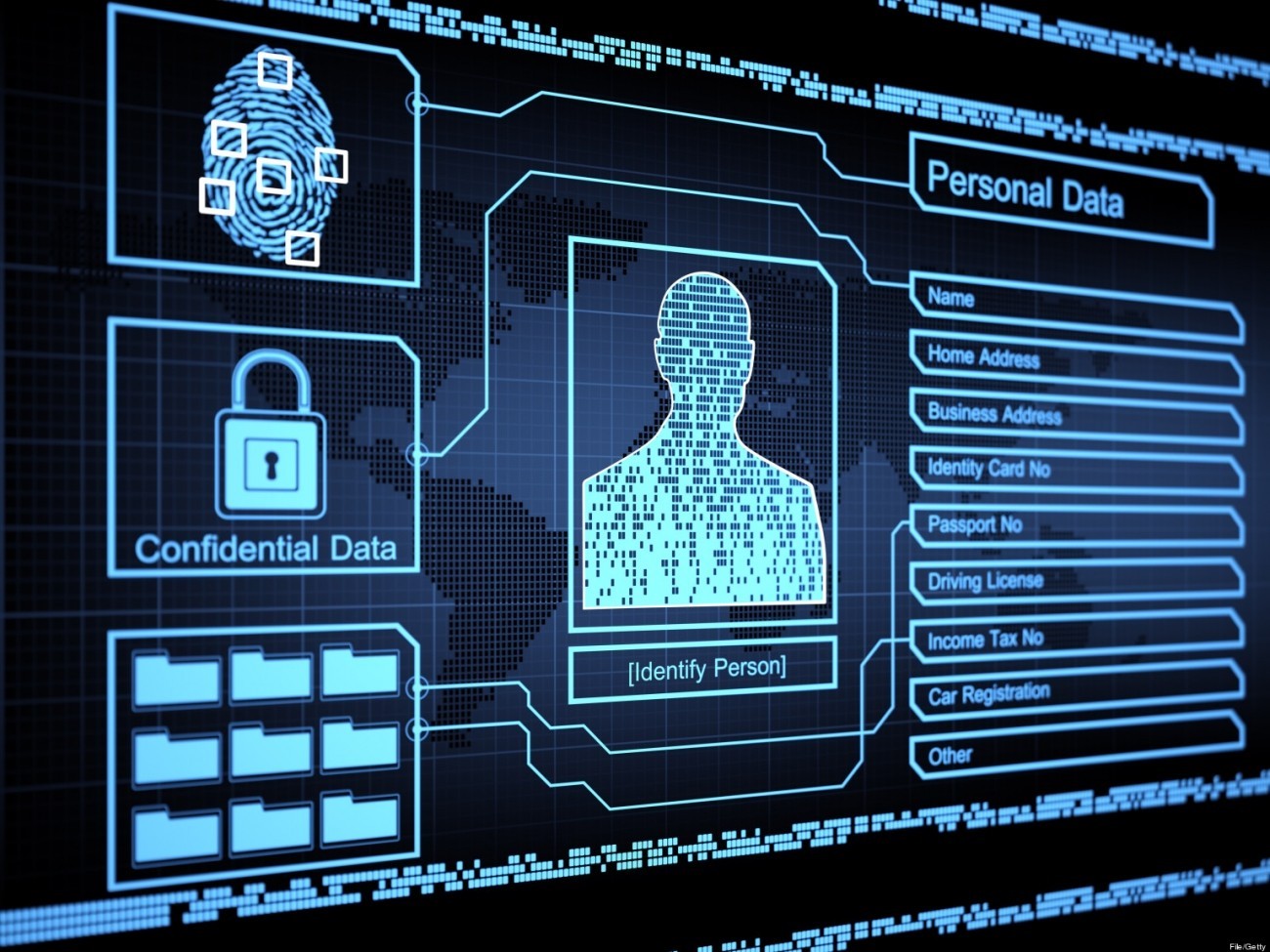U.S. and British authorities on Monday leveled charges, announced sanctions, and accused China of conducting an extensive cyberespionage operation impacting millions, including key figures such as lawmakers, journalists, and academics, alongside companies in sectors like defense.
This campaign, dubbed Advanced Persistent Threat 31 or “APT31” and described as an extension of China’s Ministry of State Security, was highlighted for its broad targeting scope, including White House staff, U.S. senators, British parliamentarians, and critics of Beijing globally.
The espionage efforts, spanning over a decade, were noted for compromising various U.S. industries including steel, energy, apparel, and leading 5G technology providers.
High-profile individuals and even their spouses weren’t spared, aiming to stifle Chinese regime critics, infiltrate government bodies, and pilfer trade secrets.
Deputy U.S. Attorney General Lisa Monaco emphasized the operation’s objectives to oppress dissent, breach governmental institutions, and steal intellectual property.
In detailing the indictment against seven Chinese hackers, U.S. prosecutors outlined the extensive damage, including the potential compromise of work accounts, personal emails, and other sensitive data belonging to millions.
Similarly, the U.K. pointed fingers at APT31 for targeting critical British lawmakers and attributed another significant data breach to a different Chinese spy group.
Responses from Chinese diplomats in both the U.S. and the U.K. vehemently dismissed the accusations as baseless.
Concurrent with these accusations, sanctions were imposed on Wuhan Xiaoruizhi Science and Technology and two individuals, identified as operatives of a front company for the Ministry of State Security, underscoring the concerted efforts by the U.S. and Britain to unveil and counter China’s aggressive cyber strategies.
FBI Director Christopher Wray condemned China’s unabated attempts to jeopardize American cybersecurity and target national innovation, reflecting growing tensions over cyberespionage between Washington and Beijing.
This standoff is part of a broader narrative of mutual accusations of hacking and espionage, including China’s allegations against the U.S. for penetrating Huawei Technologies.
Among the notable operations, Chinese hackers allegedly targeted a U.S. presidential campaign staff in 2020 and a public opinion research firm in 2018, underscoring the strategic interest in political intelligence and data.
Cybersecurity analysts, including John Hultquist from Mandiant, emphasize the high intelligence value of political organizations, indicating an ongoing trend of geopolitical espionage by entities like APT31.


